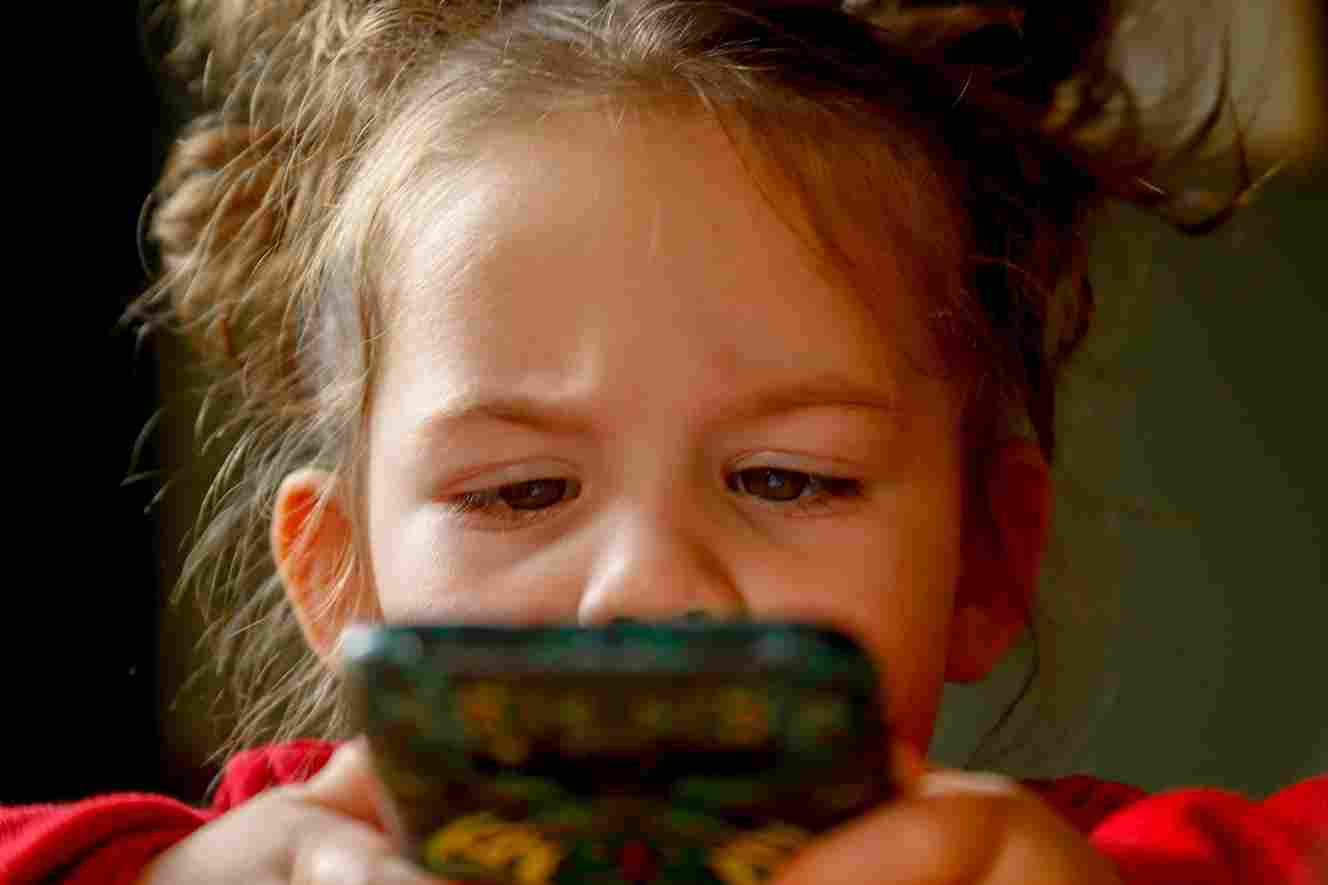Children with smartphones in their hands instead of books
“Sir, what does this mean?” This is a question often asked by children. Blurred eyes or tilted head in class. Not only do they hear many words for the first time, but they also say that they do not know what they mean by the problem situations presented in textbooks.
Of course, I thought I would know, but to say that I don't understand the meaning is just embarrassing as a teacher. Compared to the children I met as a teacher for the first time, this situation is more common with children these days. What has changed? As I pondered, what was in the children's hands had changed. That's a smartphone.
The ability to know the meaning of words and to understand the meaning of sentences is called literacy. In order to develop literacy skills to read and understand texts, many such experiences are required. That experience comes from reading. When I was young, I read a lot of books. Reading the book, I had a lot of dreams and imaginations. But these days, kids have smartphones in their hands. Most of the chatting on smartphones by children is short, meaningless words, and there are many words with broken spelling. And images and videos are the main contents. As a result, children have fewer opportunities to access authentic texts, and their ability to understand texts declines, and they respond better to improvised photos and videos than to short texts.
Children's lack of reading has a huge impact on class time. First of all, children find it difficult to understand the contents of textbooks. And I don't understand the teacher's explanation. Because I do not know the meaning of words and lack the ability to interpret the meaning contained in the text, I lose interest in the class. I lose my concentration and I have other thoughts. In the end, you miss the flow of the class.
The reason children don't want to study is because they don't understand the content and the fun is lost. I hate listening to the next class even more because I don't understand the previous class. Because I do not participate in class and do not give presentations, I have fewer opportunities to be praised and recognized by my friends and teachers. When children have smartphones instead of books in their hands, children not only have poor reading comprehension but also have difficulties in learning, and the accumulation of such experiences can lead to a lack of confidence and a lack of challenge.
In the classroom, I meet children who read a lot of books. When I hit the paper while reading a book in the morning self-study class, I feel so sorry for it, and I can't take my eyes off of it until the moment I put the book in the drawer. I take out the book I've been reading and read it in my spare time. Such children do not find the content of the class difficult because they have accumulated background knowledge through reading and are equipped with vocabulary. These days, as the exams are written in an essay type and a narrative type, the sentences in the question are getting longer. Compared to these children, there are good reasons to have a book in hand instead of a smartphone.
Also Read
Parents are worried that children who do not let their smartphones go to study will not be able to study, but the fact is that not reading books is a bigger problem. Mathematics and English studies can be taught at hagwons, but reading comprehension cannot be taught. It can only be cultivated through reading books. Even in subjects that seem to have little to do with reading comprehension, such as math or science, reading comprehension is fundamental to understanding the content.
Is your child holding a smartphone in their hand now? Instead of telling them to study, let's turn it into a fun book.

0 Comments